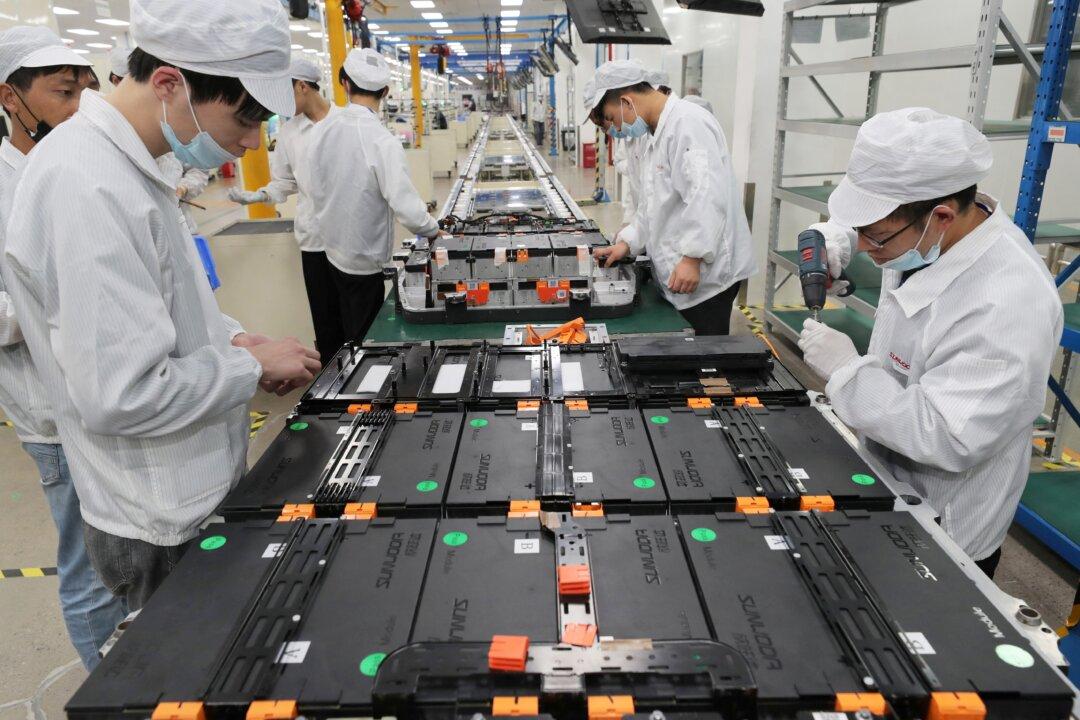An Australian energy billionaire will build a A$10 million lithium-ion battery factory in the Philippines in an effort to join the global renewable energy transition.
Trevor St.Baker, former coal investor and founder of the St Baker Energy Innovation Fund (StBEIF) and Chairman of Delta Electricity, inked the deals to establish the facility this week, with commercial production planned to commence in early 2024.




